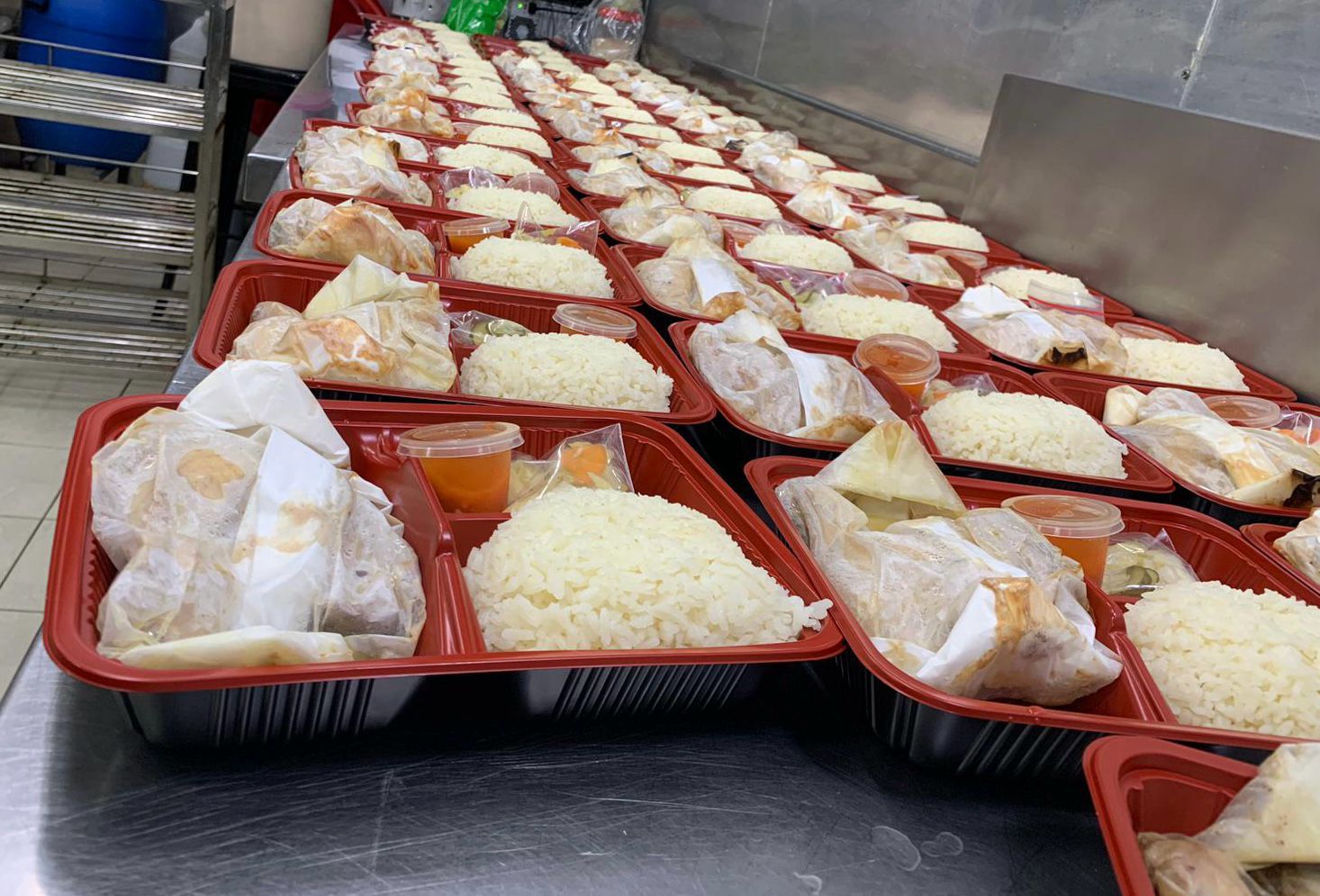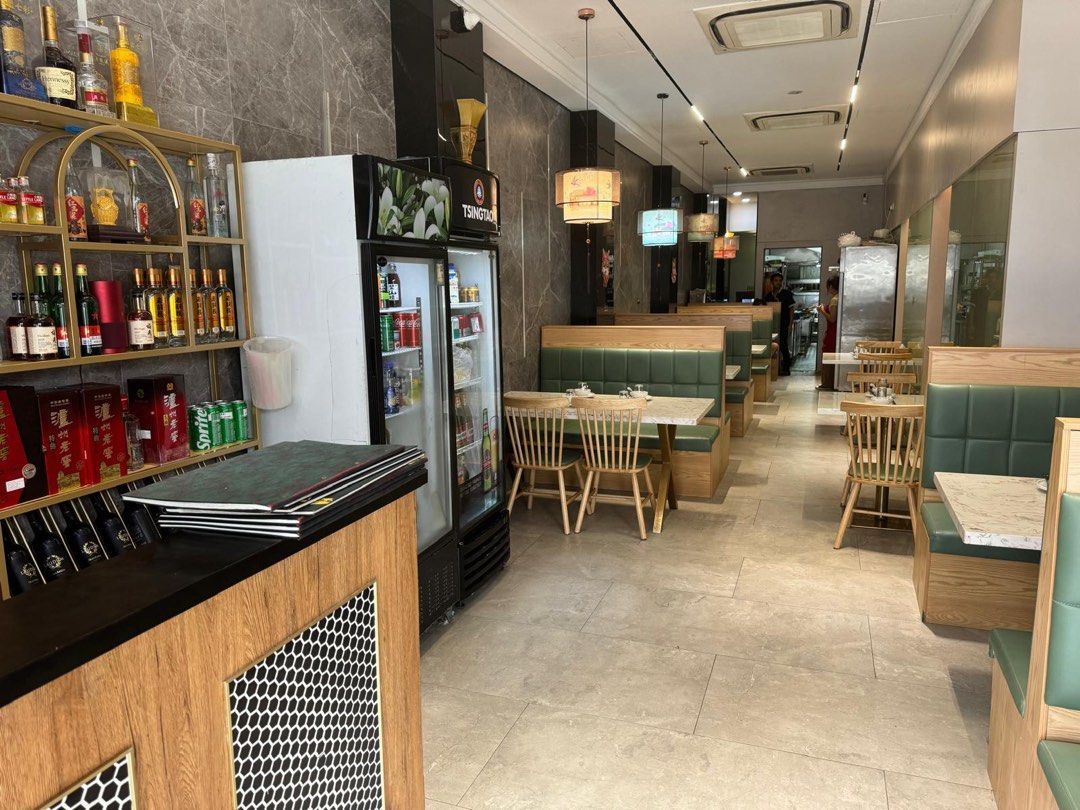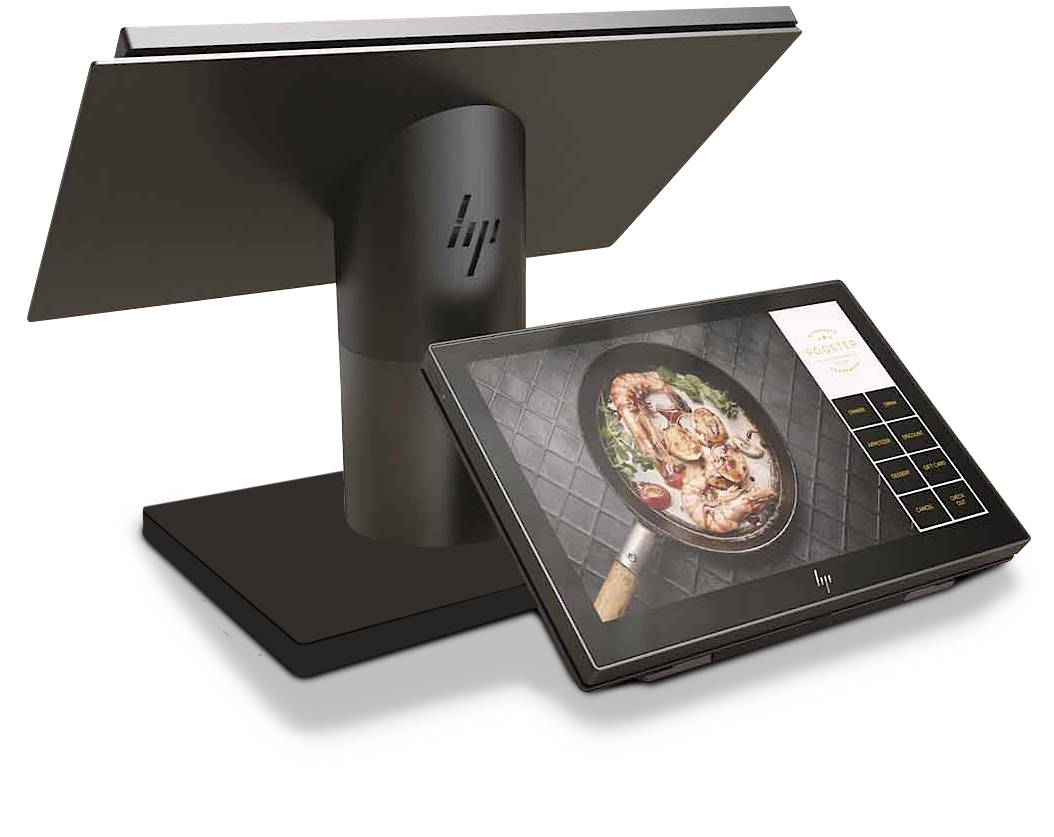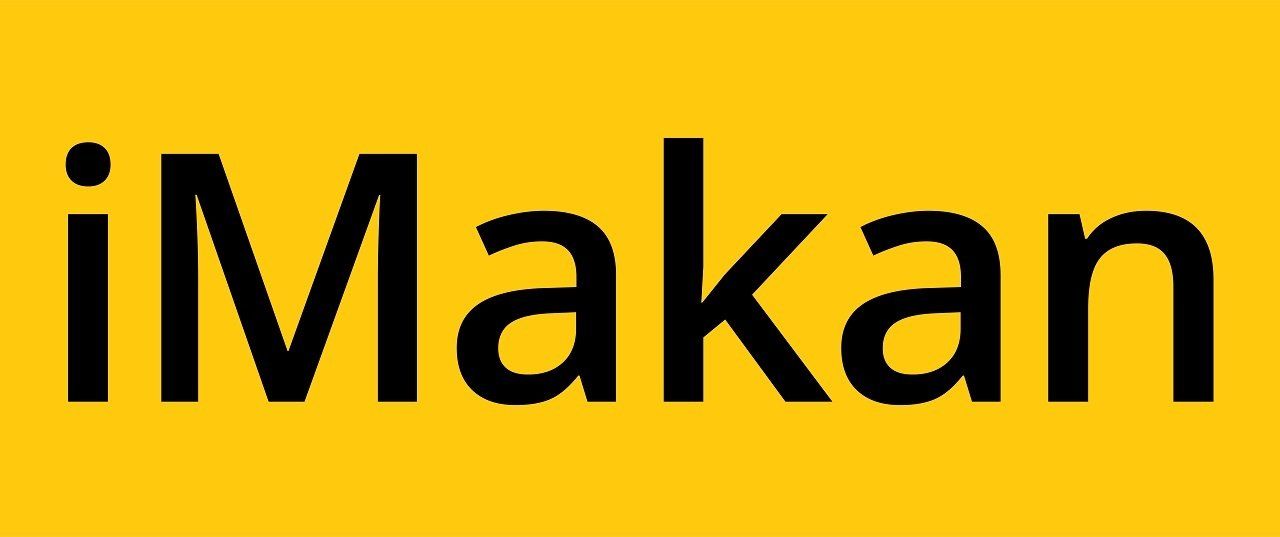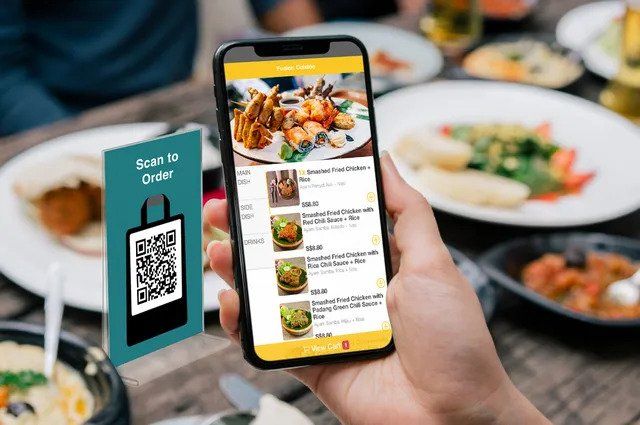
You are preparing to start up your own F&B business where you can be your own boss, make your own decisions and do what you love. This is a dream come true for many F&B entrepreneurs. However, there are some aspects of setting up an F&B business that you need to take into consideration before jumping in head first. Here are some.
Suppliers
Your ingredient quality directly influences the taste of your food. However, as an F&B business, getting only top grade ingredients is not a feasible solution, unless your target market is the big spenders. Hence, it is important to source for suppliers that are able to provide you with fresh ingredients of average or above quality at a lower price consistently.
Also, you should keep multiple suppliers in your contact in case your go-to ingredient supplier does not have sufficient stock or is raising their prices. By doing so, you will be able to keep your food quality and pricing consistent and also ensure that your ingredients are always in stock.
Takeover or Start Up
While most F&B entrepreneurs choose to start up their own business, taking over of F&B business is another way you could own an F&B business. Taking over an F&B business means that you buy over the entire business, including the name, branding, equipment, licences and the physical shop of the F&B business.
While many may think that a business owner willing to sell his/her F&B business means that there is something amiss, it is often not the case. Their decision to sell off their business could also mean that they may not have the passion in the industry anymore, want to move on to the next phase in life or work on another project etc.
It may initially seem costly to takeover an F&B business, however, it is already a working business model which you just need to manage and make improvements on. Often, setting up your own F&B business means lots of learning things the hard way which often incurs costs.
Hence, you should weigh the pros and cons of taking over an F&B business or starting up one on your own.
Location
Where you set up shop is crucial to your F&B business success. Simply put, if less people see your F&B outlet, your customer base will be small. Hence, you should do some surveying of potential shop outlets and look out for the following:
- Is human traffic high during peak hours?
- What are the peak hours and days
- What are the demographics of people who frequent the area? Are they your target market?
- Are there any of your direct competitors in the shop’s vicinity
Service Style
What is your F&B business service style? Would it be full service dine in, casual dining, or a quick takeaway food kiosk? Before setting up your F&B business, you should have your ideal service style in mind.
Service style is an essential building block of your F&B branding, menu, target demographics, the type of shop you have to rent, manpower resources and many more. Hence, give your F&B business service type a deeper though as it would be an integral part of your business.
Manpower
Manpower is what powers your F&B business but is also often the biggest expense of a restaurant. Before setting up shop you should have a good idea of how much manpower is needed for each role, and how much your budget for manpower should be.
The F&B industry is one of the toughest to be in with long working hours, mostly standing, and little to no public holidays. Hence, you should hire staff that have a passion for working in the food industry. Often, it is the passion of being in the food industry which drives your staff to do their best even during the tough times.
Consider adopting digital solutions
Digital solutions like QR ordering systems and self ordering kiosks not only significantly help to reduce your dependency on manpower, but also increase your F&B business’s productivity by seamlessly linking up back and front of the house operations.
Though it may require an initial investment, there is long term savings to be gained among many other benefits brought about by digital ordering solutions, which is why they are becoming increasingly popular.
If you are looking for digital ordering solutions to lower your operating cost and increase productivity, drop iMakan your contact details below and we will be happy to arrange a free demo with you!

